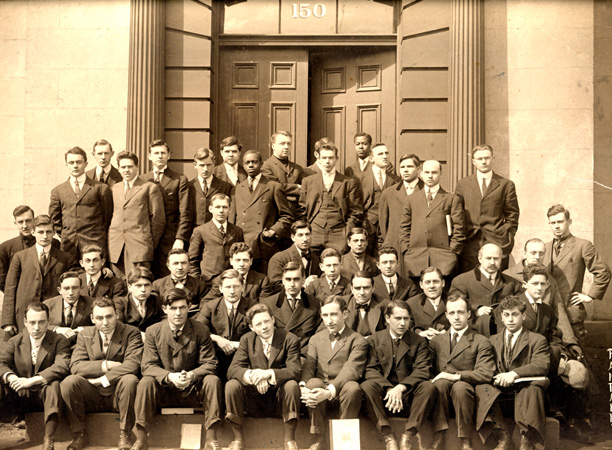
As a college professor I often hear faculty lament the students we have “these days”; there’s a nostalgic decline-and-fall narrative we tell, according to which we’re far removed from the golden age when students were prepared for college and could actually read and write upon arrival. If only we could return to the seventeenth century, when students came to college reading Latin and knowing their Seneca and Cicero!
However, when this narrative is shared (and, to be honest, I’ve told the tale myself), what I hear — what that narrative seems to implicitly suggest — is this: things were better back in the old days, before they let a lot of women and blacks and kids from the working class into college.
I doubt that most of those who tell this narrative actually want to go back to a time when women and other minorities were largely excluded from college. Rather, the golden age to which we’d like to return — just like now except better — never existed. Maybe students used to come to college knowing Latin, but those were the days when people pissed in pots they stored under their beds: before the internet, before gay rights existed, before color television, before rock and roll, before women had the right to vote, hell, before antiperspirants. Romanticizing the past always comes with some convenient forgetting, an implicit (sometimes explicit) exclusion of details that helps to construct this imagined, better past. Nostalgia, then, is often really for an imagined future — the way we want things to be — , not a longing for a static, definitive past. I wouldn’t give up deodorant for better students.
With that understanding, it’s worth pondering the costs of our romanticization of the past: when our notion of a golden age is projected onto a time when male and white privilege went unchecked in society, we risk further normalizing those forms of privilege. In this way, it is little different from lamenting the loss of “cultural literacy” of the “great books” of “Western civilization”: it largely sets up the history and cultures of white men as the standard against which all else is to be judged.
